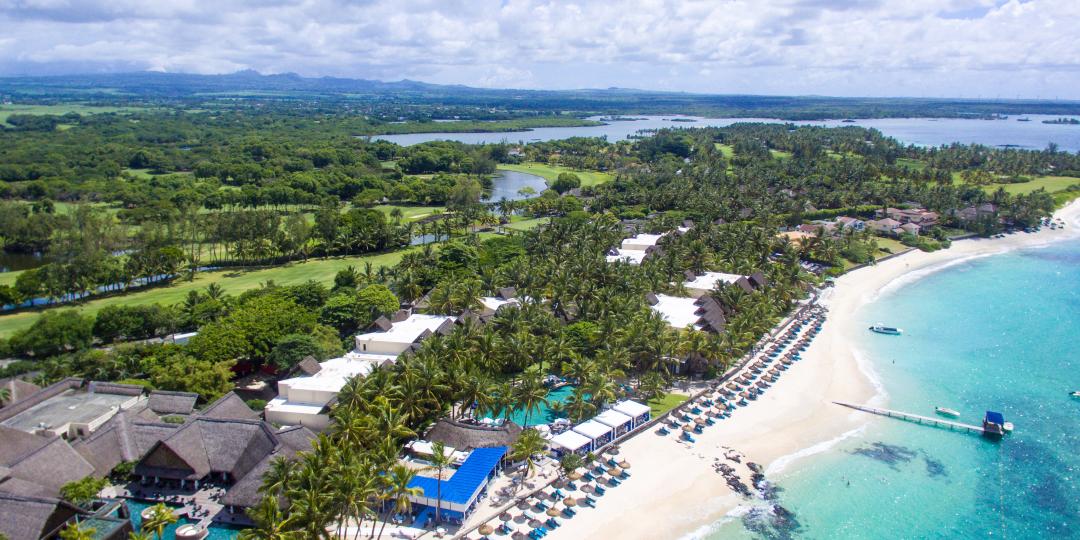The Indian Ocean island of Mauritius is seeing huge demand from international visitors, including the South African market and new source markets such as the Middle East.
Tourism Update discovered this on a Constance Hotels educational visit to the east coast of the island late last month, with the hotels noting that they were experiencing high occupancies, despite the low season.
High season is from October to February.
According to Arvind Bundhun, Director of the Mauritius Tourism Promotion Authority, over half a million tourists have already visited the island since Mauritius opened its borders on October 1 last year.
The nation’s double vaccination rate now stands at over 90%, and around two-thirds of all over-18s have also received their booster shots.
Bundhun concurred with the Constance Hotels managers who told Tourism Update that the latest easing of regulations on July 1 – which included the waiving of tests (PCR and antigen) for vaccinated and unvaccinated passengers – would further stimulate growth and recovery for the island’s tourism sector for the second half of the year.
C Mauritius GM, Olivier De Guardia, said the 110-room hotel had seen 100% occupancy levels on some days during the low season, while Resident Manager for Constance Hotels, Samuel Pellegrini, said Constance Belle Mare Plage was regularly above 80%.
Both attributed this to the strong vaccination rates and the way COVID-19 had been managed by the government.
“Guests feel safe knowing their risk of exposure is very low on the island and the activities are largely outdoors,” said De Guardia.
Source markets
PR and Productions Manager for Constance Hotels, Jannick Constantin, said the Constance Hotels group was focused on growing the South African travel market, noting that C Mauritius – the new four-star, all-inclusive hotel brand by Constance – may appeal because it is a “social” property.
“What we’ve seen of South Africans is they love to socialise and make friends, which fits in with the C Mauritius ethos of playfulness, connecting and just being yourself,” she said.
De Guardia agreed, noting too that lower rates offered at the hotels during the off season would also be attractive for the South African market.
The twice-weekly non-stop Cape Town to Mauritius flights, starting November 16, would also boost numbers from South Africa, he said.
Other source markets, according to him, remained mostly traditional European and UK but indicated additional interest from Eastern Europe, especially the Czech Republic.
Pellegrini added that there had also been increased interest from the Middle Eastern market as well, which had been one of the drivers of increased occupancy levels at the properties. “This market also makes a lot of last-minute bookings,” he said.
Challenges and opportunities
While there were growth opportunities with numerous repeat visitors and new source markets, Pellegrini and De Guardia both noted that challenges remained.
These include air access from key source markets, rising fuel prices (which could impact air ticket prices), the war between Russia and Ukraine, and general rising global inflation rates, which could impact travellers’ disposable income.






